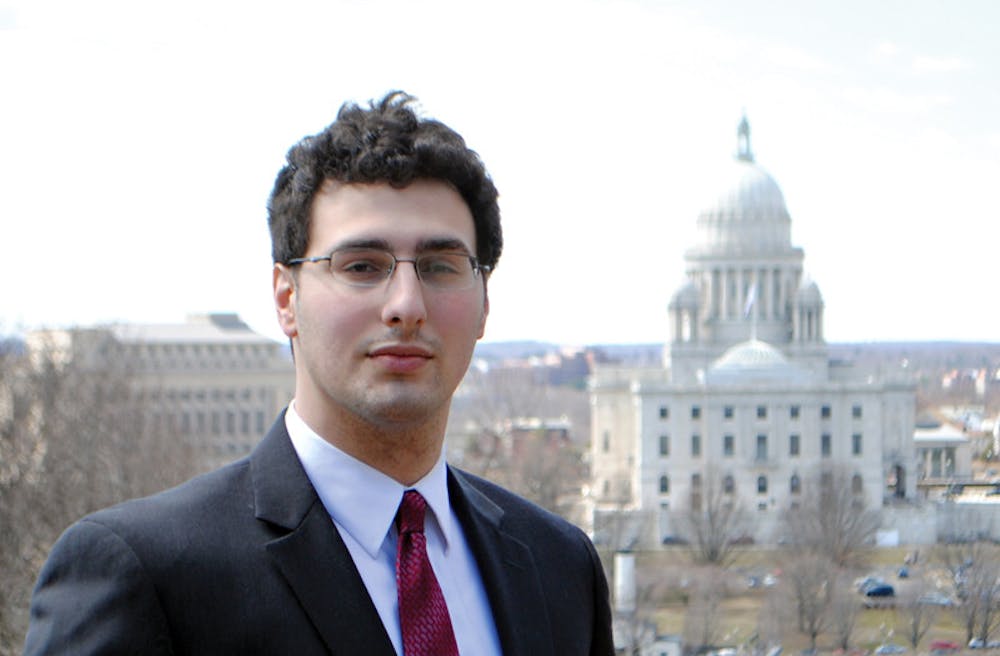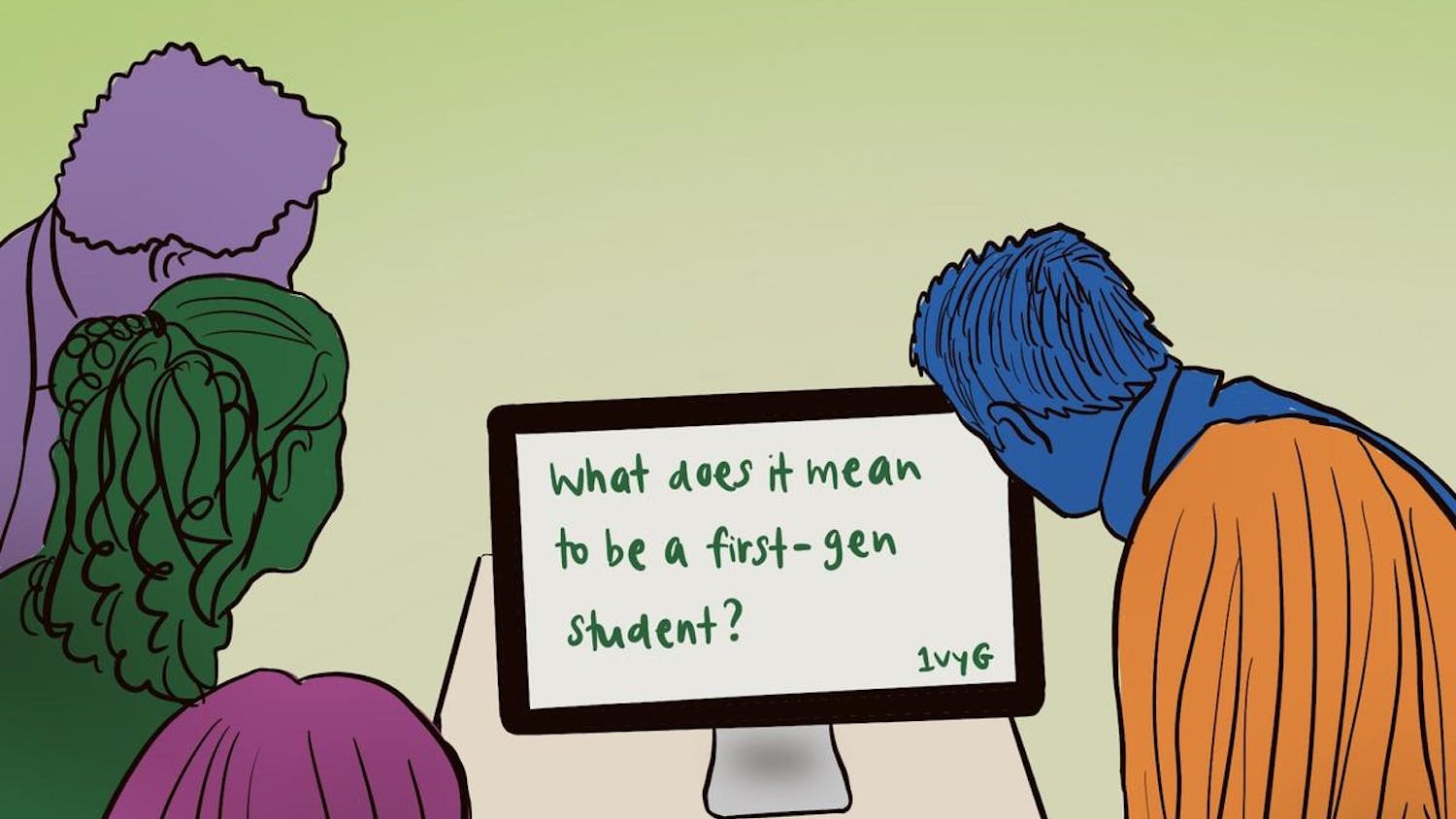Jan. 27, Rep. Aaron Regunberg ’12, D-Providence, introduced a bill with several other representatives in the Rhode Island House of Representatives that, if passed, would establish a single-payer health system in Rhode Island.
Representatives Regunberg, Gregg Amore, D-East Providence, Teresa Tanzi, D-Narragansett and South Kingstown, Arthur Handy, D-Cranston, and Joseph Almeida, D-Providence, also introduced the bill last February, but it was held for further study. It will be heard before the House Finance Committee.
The comprehensive healthcare system would place the state — rather than insurers — in charge of allocating healthcare for Rhode Islanders and controlling costs. A tax based on ability to pay would replace premiums and out-of-pocket costs.
The single-payer system would decrease healthcare costs, as the state would be able to buy in bulk, control costs and eliminate the cost of administration, multiple sources said.
Within the healthcare system “30 to 35 percent of money in individual private health insurance companies is lost in administrative waste,” said Mark Ryan, president of the Rhode Island chapter of Physicians for a National Health Program.
But with a single-payer system, the government “doesn’t have big salaries to pay, (and) it doesn’t have to waste money on advertising,” Ryan said.
According to a PNHP study, healthcare spending per person rose by 250 percent in Rhode Island between 1991 and 2014.
The study also reported that “medical-related bankruptcies are 62 percent of personal bankruptcies, and of these, 69 percent had insurance at the time of their bankruptcy.”
With a single-payer system, “income after health costs and taxes will increase by 32 percent for middle-income families, and even households with (an annual) income of over $100,000 will save,” stated a study conducted by Gerald Friedman, a professor of economics at University of Massachusetts, Amherst.
The bill does not indicate how ability to pay would be determined, but Friedman’s study suggested that single-payer health insurance in Rhode Island would “shift the burden of illness and healthcare from the sick and from the broad middle class onto the fortunate and the affluent.”
Friedman’s study also showed that employers would save nearly $80 million from the “administrative expense of operating employer-provided health insurance plans.”
The study added that the savings from the single-payer system would improve the economy, as Rhode Islanders would spend cash elsewhere, and businesses would be drawn to the state due to the appealing healthcare savings.
“I believe that healthcare is a basic human right rather than a privilege for those who can pay for it,” Rugenberg said. Others think that “you have to earn it. That’s the American free market system,” he said.
Other single-payer detractors associate the single-payer system with socialism, several sources said.
Insurance company executives forced President Barack Obama to pass the Affordable Care Act, which Ryan calls a “very imperfect bill,” effectively blocking the passage of a single-payer system, Ryan added.
The implementation of single-payer health insurance will be a challenge, Regunberg said. “I don’t have any illusions (of) this being an easy fight,” he said, adding, “Really, really big shakeups like this rarely pass in the first couple years. It generally takes a while for the arguments to take hold.”
Regunberg noted that recent months have seen significantly more attention paid to single-payer health care, attributing this change to the increased coverage of single-payer healthcare in the presidential debates, particularly as a result of Sen. Bernie Sanders, D-VT.
The primary publicity has been helpful, Regunberg said, noting that he got hundreds of shares on a Facebook post about his introduction of the bill.
While there are two national bills up for implementing single-payer health insurance, proponents of the change are focusing on state-by-state implementation. This is due to the gridlock in Washington, D.C., Regunberg and Ryan said.
Ryan maintained hope in the political system, saying that if there were a national debate about the plan, a larger number of people would support it, and it would be approved.
“When the people finally demand an equitable universal health insurance program, the Congress will finally enact it.”
Rep. Nicholas Mattiello, D-Cranston, speaker of the house, did not respond to request for comment.





